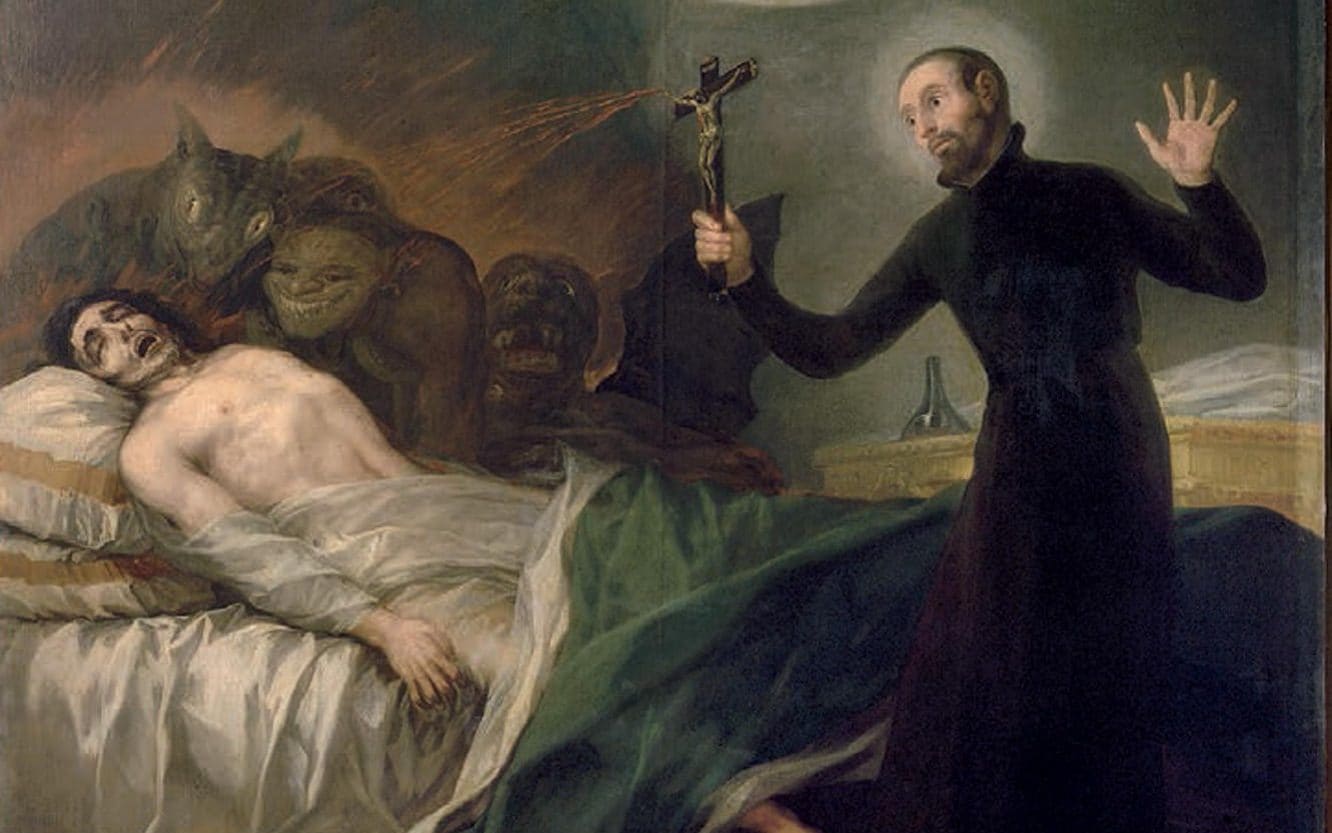Introduction
Demon possession refers to the belief that individuals can be possessed by malevolent preternatural beings who take control of their bodies and actions. This concept is prevalent in various forms across many religions and cultures, but it holds specific theological significance in Christianity, particularly within Catholic doctrine. This article explores how demon possession is depicted in the Old and New Testaments and its subsequent development in Catholic theology.
Demon Possession in the Old Testament
In the Hebrew Bible, or Old Testament, references to spirits or demonic forces are relatively rare and are often ambiguous in nature. The concept of demon possession, as understood in later Christian texts, does not have a direct parallel in these scriptures. However, there are instances that suggest the influence of evil spirits. For example, in 1 Samuel 16:14-23, an evil spirit from God is said to torment King Saul, causing distress and madness. This spirit is calmed only by David’s harp playing, suggesting that the spirit’s influence could be mitigated or controlled through spiritual or physical means.
The New Testament and Demon Possession
The New Testament offers a more explicit view of demon possession, with numerous accounts detailing encounters with demonic forces, particularly in the Gospels. Jesus is frequently shown casting out demons, underscoring His power over evil and His divine authority. Notable examples include:
- Mark 5:1-20: Jesus encounters a man with an unclean spirit who lived among the tombs in the region of the Gerasenes. This man, often described as possessed by a legion of demons, is healed by Jesus, who commands the demons to leave the man and enter a herd of pigs.
- Matthew 17:14-21: Jesus heals a boy with a demon that causes him to have seizures and suffer greatly. This account also highlights the disciples’ inability to heal the boy, emphasizing the theme of faith and the power of prayer in combating demonic forces.
These accounts are central to the understanding of demon possession in Christian thought, illustrating the battle between good and evil and the role of faith and divine intervention in overcoming darkness.
Development in Catholic Doctrine
The concept of demon possession has developed significantly within Catholic doctrine, influenced by the New Testament narratives. The Catholic Church maintains that demon possession can occur but is rare. It involves a complete takeover of a person’s body by a demon, distinct from demonic oppression or influence, which involves lesser degrees of spiritual attack.
The Church has established criteria and practices for determining and addressing cases of demon possession. The Rite of Exorcism, codified in the Roman Ritual, outlines specific prayers and practices designed to expel demons from individuals believed to be possessed. This rite can only be performed by a priest with the express permission of a bishop, ensuring that it is conducted within a framework of spiritual authority and pastoral care.
Theological and Pastoral Considerations
The Catholic approach to demon possession also involves significant pastoral care and discernment to ensure that psychological or medical conditions are not mistaken for spiritual disturbances. The Church advises that thorough evaluations by medical professionals and mental health experts be conducted before any spiritual intervention is pursued.
Conclusion
The treatment of demon possession from the Old Testament through the New Testament and into contemporary Catholic doctrine reveals a complex and evolving understanding of evil’s interaction with the human experience. In the Catholic tradition, demon possession is seen not just as a sign of spiritual warfare but also as an opportunity for demonstrating the power of faith and the authority of Christ and His Church. This underscores a fundamental message of hope and redemption, central to the Christian belief in the ultimate victory of good over evil. Through careful discernment and adherence to doctrinal practices, the Church seeks to address these profound spiritual challenges responsibly and compassionately.
